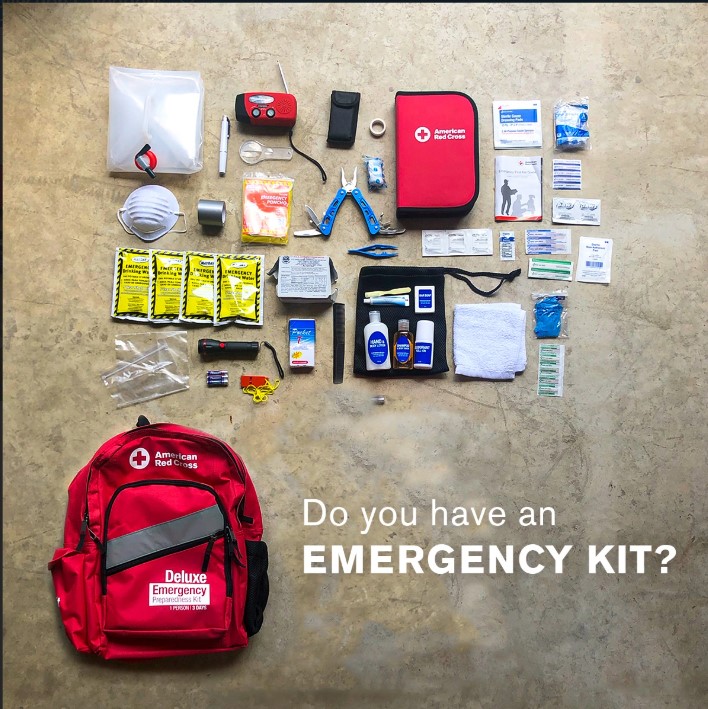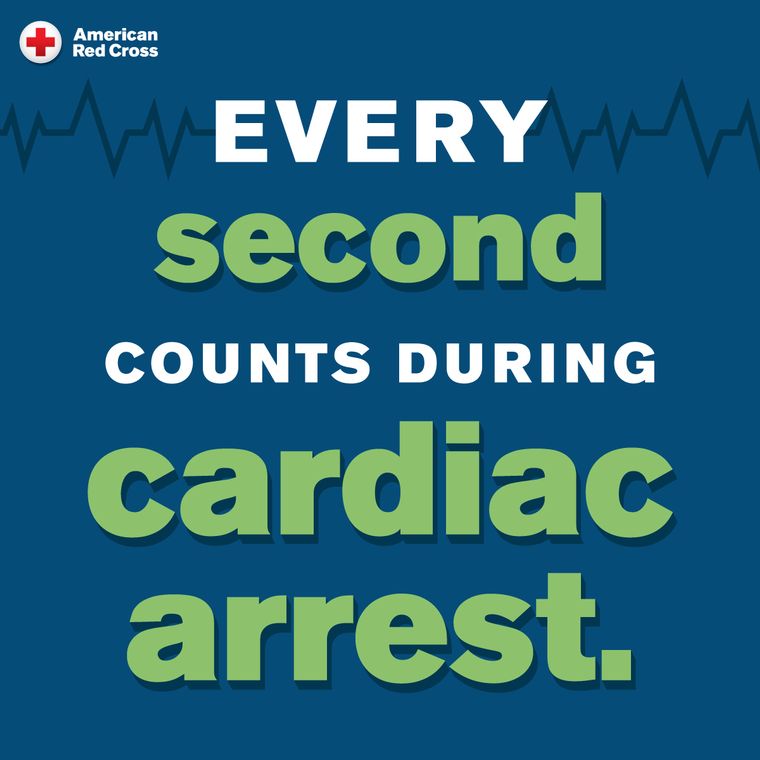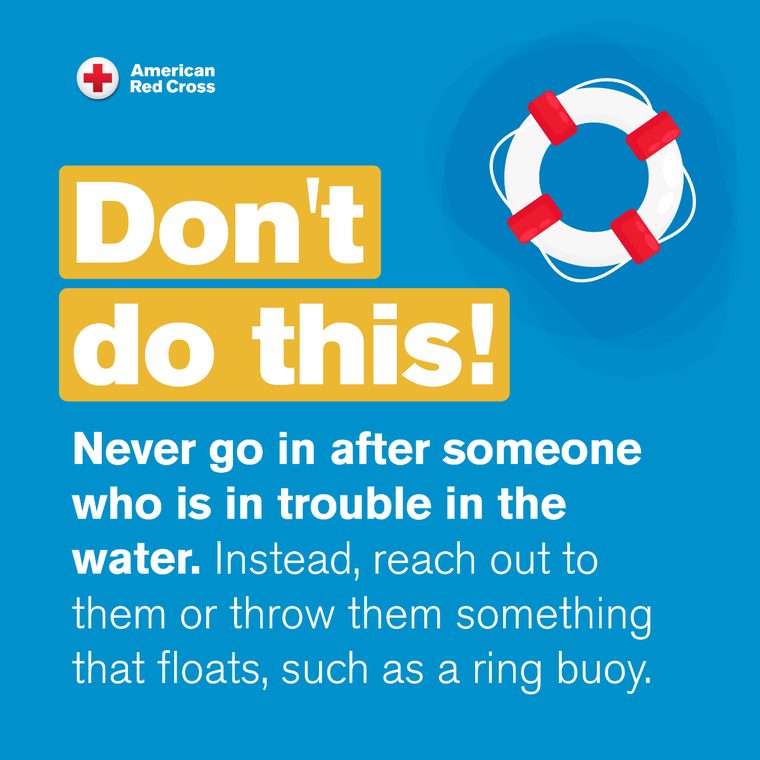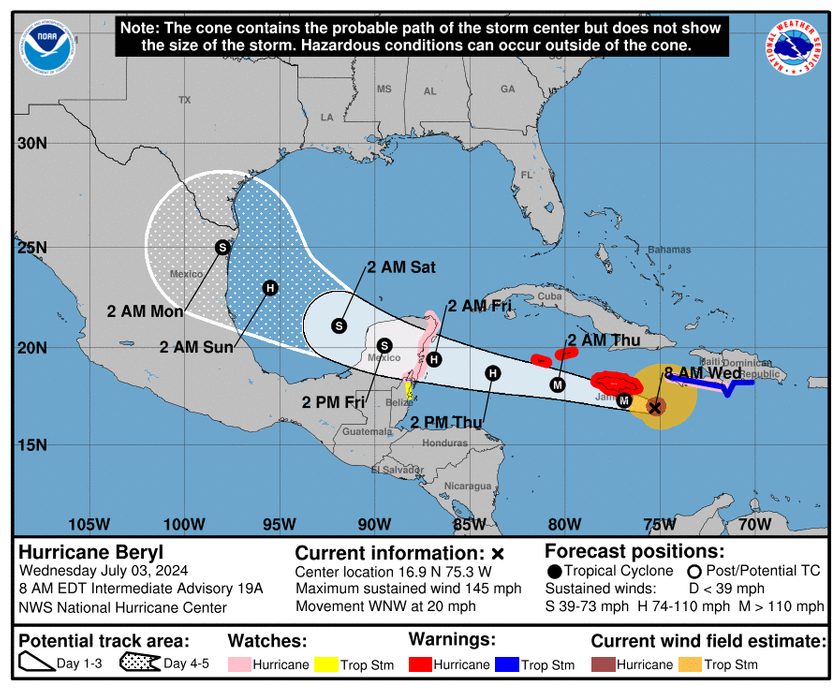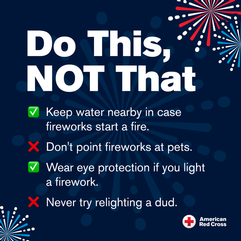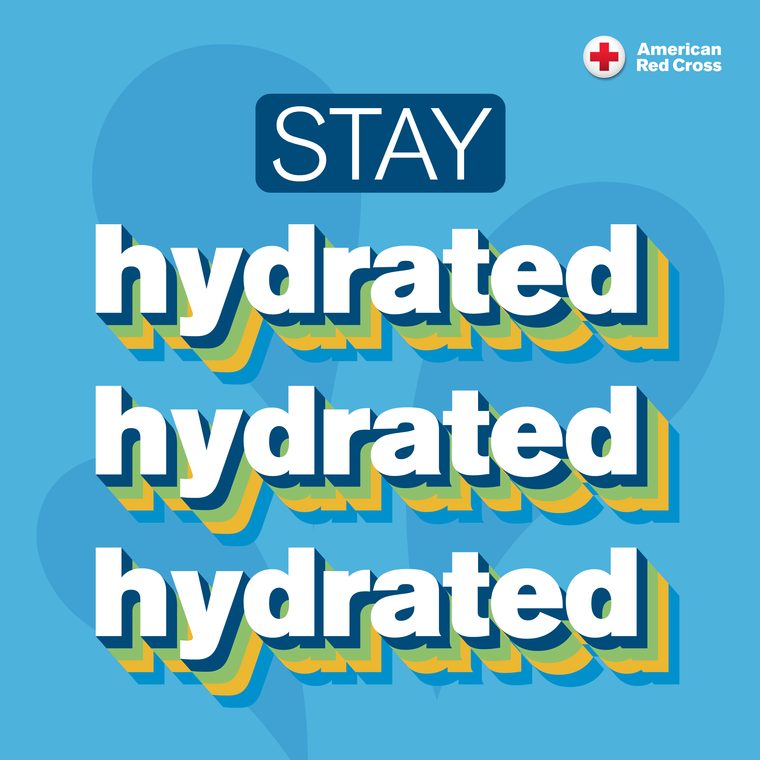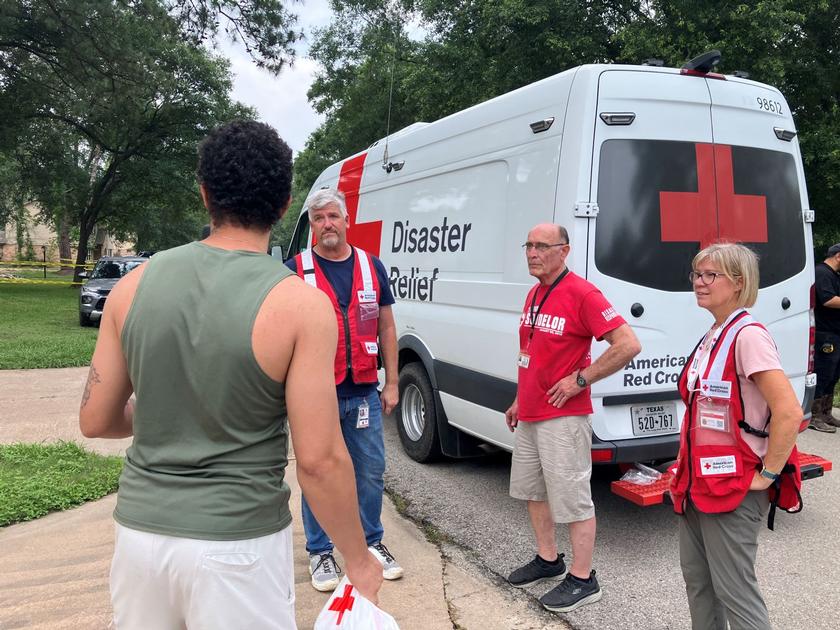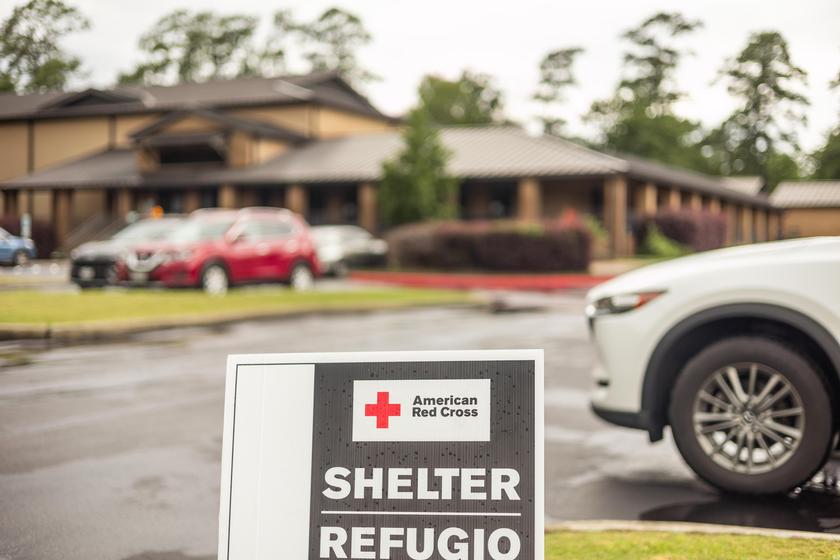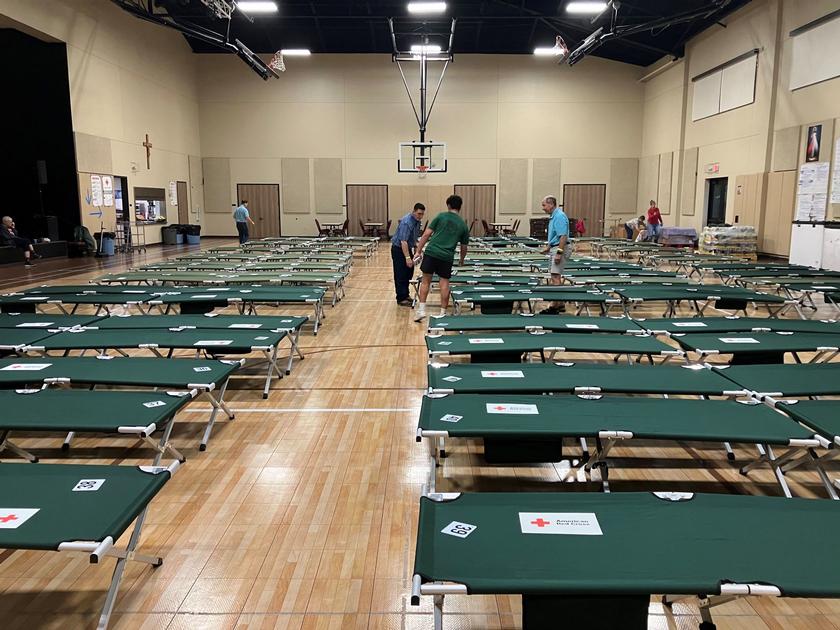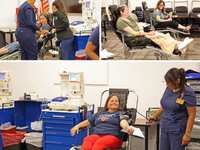- Sections :
- Crime & Public Safety
- Restaurants & Food
- Sports
- More
Labor Day Weekend coming; how to stay safe
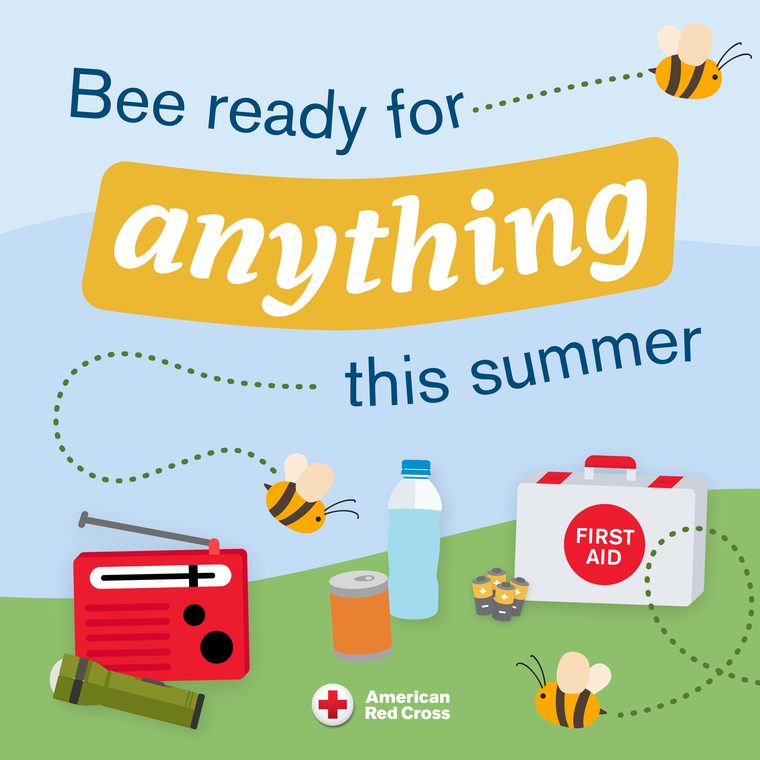
THE WOODLANDS, TX - The Labor Day holiday weekend will be here in no time and many people will hit the open road for the “last” weekend of summer, perhaps heading to a waterpark, the beach or the great outdoors. The American Red Cross wants you to enjoy your holiday and stay safe by following the tips below.
DRIVING SAFETY
If traveling by vehicle is part of your plans these safety steps are for you:
- Be well rested and alert, use your seat belts, observe speed limits and follow the rules of the road. Clean your headlights and turn them on as dusk approaches or in inclement weather.
- Don’t drink and drive. Have a designated driver available.
- Give your full attention to the road. Avoid distractions such as cell phones
- Use caution in work zones. There are lots of construction projects underway on the highways.
- Don’t follow other vehicles too closely.
BEACH SAFETY
- If you plan to swim in the ocean, a lake or river, be aware that swimming in these environments is different than swimming in a pool. Be sure you have the right level of skills.
- Swim only at a beach with a lifeguard, within the designated swimming area. Obey all instructions and orders from lifeguards and ask them about local conditions.
- Make sure you swim sober and that you always swim with a buddy. Know your limitations and make sure you have enough energy to swim back to shore.
- Protect your neck — don’t dive headfirst. Walk carefully into open waters. Watch out for and avoid aquatic life.
- If you are caught in a rip current, try not to panic. Signal to those on shore that you need assistance. Swim parallel to the shore until you are out of the current. Once you are free, swim toward shore. If you can't swim to the shore, float or tread water until you are free of the rip current and then head toward shore.
WATER PARK SAFETY
- Make sure lifeguards are on duty before you go in the water and follow all their instructions.
- Wear protective clothing, including a hat and some kind of cover-up for when you’ve had enough sun. Use sunscreen before leaving home and reapply during the day.
- Parents — keep an eye on the kids. If they can’t swim or are less than four feet tall, have them wear a U.S. Coast Guard approved life jacket.
- Signal a lifeguard if you see someone is in trouble. Yell if you need to grab attention, but don’t go in after the person yourself.
- Set up a meeting place in case someone gets separated from your group. Use the buddy system to make sure no child is alone.
BE SAFE IN THE GREAT OUTDOORS
Being prepared is critical when people are out in remote areas with limited access to phone service, hospitals and emergency help. Before you head out, follow these steps:
- Take a Red Cross First Aid/CPR course so that you will know what to do in case help is delayed. You’ll learn how to treat severe wounds, broken bones, bites, stings and more.
- Know the level of ability of the people in your group and the environment around you. Plan accordingly. Sprains and falls are some of the most common misfortunes hikers may face.
- Dehydration is also a danger, especially if the area is experiencing high temperatures. Plan ahead and bring extra water.
- Share your travel plans and locations with a family member, neighbor or friend.
- Pack a first aid kit and make sure to include insect repellant, sunscreen and personal medications.
DOWNLOAD RED CROSS APPS The free Red Cross Emergency app can help keep you and your loved ones safe by putting vital information in your hand for more than 35 different severe weather and emergency situations. The Red Cross Swim app promotes water safety education and helps parents and caregivers of young people learning how to swim. The Red Cross First Aid app provides instant access to information on handling the most common first aid emergencies. Download these apps for free by searching for ‘American Red Cross’ in your app store or visiting redcross.org/apps. Learn First Aid and CPR/AED skills (redcross.org/takeaclass) so you can help save a life.

